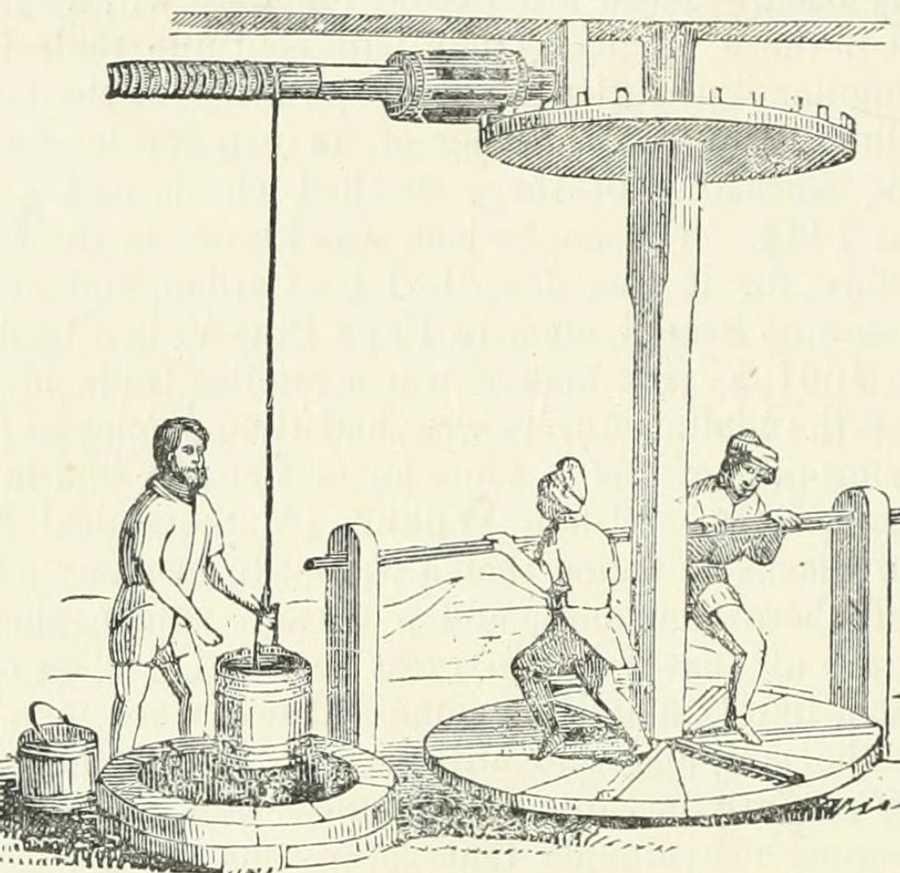Evolution of the term "boredom"
Charles Dickens popularised the term boredom in 1853. Boredom became particularly popular in English Victorian writing in describing the life of the upper class, where boredom was indicating a privileged social standing.
In the second part of the 19th century and the early 20th century boredom was less flattering and one that confronted everybody, not just the upper class. According to Arthur Schopenhauer, boredom was evidence of the lack of purpose and meaning in life.
122
878 reads
CURATED FROM
IDEAS CURATED BY
The idea is part of this collection:
Learn more about personaldevelopment with this collection
Understanding the psychological rewards of bad habits
Creating new habits to replace old ones
Developing self-discipline
Related collections
Similar ideas to Evolution of the term "boredom"
The History Of The Treadmill
- Introduced in the late 1st century in Ancient Rome as a Roman treadmill crane, the treadmill was initially used to lift or transport heavy objects.
- In the 19th century, farmers used a treadmill based mechanism to better utilize the pulling power of a horse(coining the term hors...
Making sense of the city
People in 19th-century Britain used folk tales to adjust to the experience of city living. Folklore was continually updated. It expressed concerns about urban development, the threat of strangers, and a shrinking sense of community as people no longer knew one another.
In Victorian Lond...
The evolution of romantic communication
- Before video-chat and long-distance phone calls, written correspondence was used to exchange meaningful information. The goal was to write about the most important things that had happened since the last letter.
- Although the telephone was invented in the mid-19th century, it was on...
Read & Learn
20x Faster
without
deepstash
with
deepstash
with
deepstash
Personalized microlearning
—
100+ Learning Journeys
—
Access to 200,000+ ideas
—
Access to the mobile app
—
Unlimited idea saving
—
—
Unlimited history
—
—
Unlimited listening to ideas
—
—
Downloading & offline access
—
—
Supercharge your mind with one idea per day
Enter your email and spend 1 minute every day to learn something new.
I agree to receive email updates
